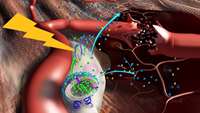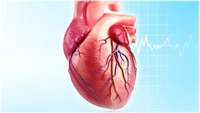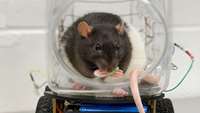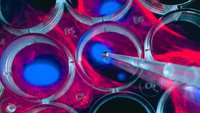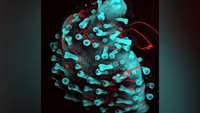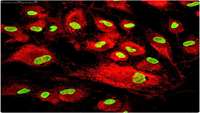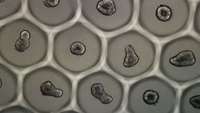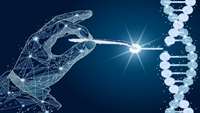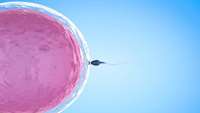Nanostimulators boost stem cells for muscle repair
In regenerative medicine, an ideal treatment for patients whose muscles are damaged from lack of oxygen would be to invigorate them with an injection of their own stem cells.
Changing what heart cells eat could support them regenerate
Switching what the powerhouses of heart cells consume for energy could help the heart regenerate when cells die, a new study led by UT Southwestern researchers suggests.
FDA grants designations for novel stem cell gene therapy
Orchard Therapeutics (Nasdaq: ORTX), a global gene therapy leader, today announced that the company has received both orphan drug designation and rare pediatric disease designation from the U.S Food and Drug Administration (FDA) for OTL-203, an ex vivo autologous hematopoietic stem cell (HSC) gene therapy in development for the treatment of mucopolysaccharidosis type I (MPS-I).
Lab-grown miniature human livers successfully transplanted in rats
Using skin cells from human volunteers, researchers at the University of Pittsburgh School of Medicine have created fully functional mini livers, which they then transplanted into rats.
Perspiration problems No sweat!
Solving sweat-related concerns that occur in daily life, such as hyperhidrosis and sweat smell, can improve people's quality of life. Now, researchers from Osaka University, in collaboration with Mandom Corporation, have succeeded in generating immortalized human eccrine sweat gland myoepithelial cells (iEM cells).
Researchers grow hairy skin from human stem cells
For more than 40 years, scientists and commercial companies have been recreating human skin in laboratories around the world. Yet all of these products lack important aspects of normal skin—hair, nerves, and fat.
A genomic biomarker that identifies human bone marrow‐derived mesenchymal stem cells with high scalability
Although the application of human mesenchymal stem cells (hMSCs) to repair damaged or diseased tissues has proven relatively effective, both the donor‐to‐donor variability in ex vivo expansion rates and the maintenance of stemness remain a bottleneck to widespread translation.
Standardizing organoid growth through controlled guidance systems
A recent innovation from an EPFL laboratory will enable, for the first time, mass production of standardized organoids. This breakthrough was achieved thanks to a customized guidance system that ensures homogenous cell culturing.
Early Data Demonstrate Strengths of Gene Therapy Approaches for Sanfilippo Syndrome
Initial safety and efficacy data from two clinical trials evaluating gene therapies for Sanfilippo syndrome were presented at the ASGCT 23rd Annual Meeting.
Preserving fertility in female cancer patients and ageing populations
A Monash University study has uncovered the role DNA repair plays in preserving egg quality, offering hope for women whose eggs may be damaged through treatments such as radiation and chemotherapy.


